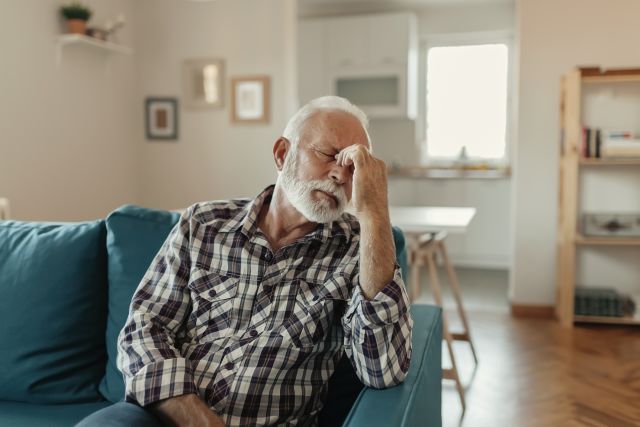Cancer fatigue refers to the feelings of tiredness, weakness, lack of energy, and exhaustion that are associated with having cancer. Unlike normal tiredness, these feelings are not relieved by rest or sleep, and are a daily occurrence. These feelings are often severe enough to interfere with a person's ability to perform normal daily activities.
Many people with many different types of cancer experience cancer fatigue. This includes people with esophageal cancer.
What is esophageal cancer?
Esophageal cancer is a type of cancer that begins in the cells that line the esophagus. It is most common in people over the age of 50, and it is more common in men than in women.
While this cancer begins in the esophagus, it has the ability to spread to nearby tissues and structures, and also to lymph nodes and organs in other areas of the body—and it is common for esophageal cancer to be in an advanced stage during diagnosis. One of the reasons it’s common for esophageal cancer to be diagnosed at an advanced stage is the lack of symptoms—or lack of noticeable or unique symptoms—in the early stages.
The most common symptoms of esophageal cancer are problems with swallowing, such as difficulty swallowing food, pain while swallowing, or a feeling of food being stuck in the throat while swallowing. Other symptoms include chest pain, unintended weight loss, a cough that does not go away, hoarseness when talking, and vomiting. Blood in the stool can also be a sign of esophageal cancer—as well as other cancers and other diseases that affect the GI tract. If the cancer has spread to bones, a person may experience bone pain.
How does esophageal cancer cause fatigue?
Cancer fatigue is often caused by multiple contributing factors that affect both body and mind when a person has cancer:
- Mentioned above, esophageal cancer can make it difficult to swallow and eat. This can lead to nutritional deficiencies and malnutrition, which will cause fatigue.
- Bleeding inside the GI tract can lead to anemia, a condition where a person does not have enough red blood cells. Anemia causes fatigue.
- Cancer is the uncontrolled growth of cells. To fuel this uncontrolled growth, cancer cells take nutrients and other resources away from healthy cells, which can deplete energy levels.
- Fatigue is a common side effect of therapies used to treat esophageal cancer, including chemotherapy, radiation therapy, immunotherapy, and targeted therapies. Fatigue can also occur following surgery.
- Living with cancer is also mentally and emotionally demanding, which can contribute to fatigue.
What can you do if you have cancer fatigue?
If you have esophageal cancer and are experiencing fatigue, the most important step you can take is to talk to your healthcare providers about how you feel. Discuss your moods, your stress level, your sleep schedule, your eating habits, and your daily activity level—and any changes that have occurred since being diagnosed with esophageal cancer. Your healthcare team can help you address causes like malnutrition and anemia, and help you find strategies to improve energy levels or conserve your energy.






